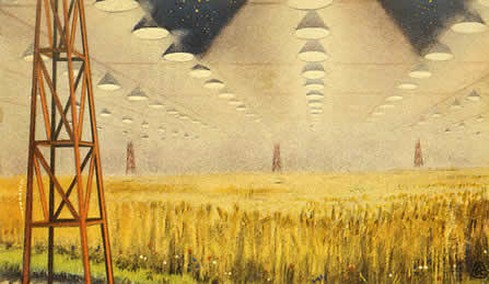Tales of Future Past v2
Main menu
- Home Page
-
Life on Other Worlds
- Life on Other Worlds
- Life on the Planets
- Life on the Moons
- Tales of the Stars
-
Future Living
- Future Living
- Life in 2000 AD
- Leisure
- Shopping
- Drive-In Market
- Cosmetics
- Laundry
- Strikerette
- School: 1999
- Optionics
- Life in 2055
- Future Movies
- Sensorama
- Scopitone
- Radio Pirates
- Weather Control
- Automatic Lumberjack
- Cold Light
- Eternal Youth
- Cryonics
- Suspended Animation
- Space Funeral
- Space Holidays
- Trapped by Television
- Robot Dogs
- Churchill: 1982
- Future House
- Future Kitchen
- Future Food
- Future Work
-
Future City
- Future City
- Skyscraper World
- Tomorrow's Skyline
- Urban Utopias
- World's Fair City
-
Future Transport
- Future Transport
- Rollerball
- Hydrofoil
- Tourism
- Future Liner
- Monorail
- Garden Rail
- Propeller Rail
- Water Rail
- Rocket Trains
- Radio Trains
- Rocket Mail
- Jet Boat
- Desert Liner
- Huge Truck
- Channel Tunnel
- Iron Whale
- Sea Slug
- Sea Slug 2
- Hovercraft
- Ice Field
- Rocket Port
- Vacuum Trains
- Transatlantic Tunnel
- Future Lift
- Travel: 1928
- Concrete Liner
- Teleportation
- Future Car
- Death Rays
Churchill: 1982
The empires of the future are the empires of the mind.
Sir Winston Churchill
In 1932, Winston Churchill (1874 -
(Science) is a proud ambitious army that cares nothing for all the laws that men have made; nothing for their time-
This is rather a refreshing change from most prediction articles written by men whose backgrounds were more journalistic than House of Commons. Also, Churchill was enough of an historian to put his predictions into contexts going back to ancient Egypt and enough of a writer to invoke Tennyson.
So what did Churchill foresee? First off, an ever increasing pace of change with science doing the changing. In fact, he felt it had better do a heck of a lot of changing because the world's population was becoming dependent upon it for survival.
He also saw an increasing thirst for and generation of energy; particularly nuclear energy about which he said.
There is no question among scientists that this gigantic source of energy exists. What is lacking is the match to set the bonfire alight, or it may be the detonator to cause the dynamite to explode. The Scientists are looking for this.
And he had no doubt about the scale of it either. Churchill felt that if it were properly harnessed, man would have power great enough to literally shift continents at will.

But nuclear power wouldn't just be used for rearranging real estate on a global scale. It would also, along with microbes and hormones, revolutionise farming. No longer would food production be dependent on the Sun and weather. Farms could now be located in vast underground cellars where corn could be grown under artificial lights while on the surface fields would give way to parks and gardens as cities spread out to provide their inhabitants with open air.
And as for meat, why be so inefficient as to raise the whole animal when you can just grow the cuts of meat you want?
As for artificial food, Churchill said that it would be there, but he took care to reassure us that the food pill would not be the end product. Instead, artificial food would be indistinguishable from the genuine article.
Another major advance would be the perfection of television. According to Churchill, communications would be so efficient that there would be no point in travelling to any but the most intimate of friends. Indeed, there wouldn't much difference even between living in the country or the city.
This sounds all very utopian until you get to the last paragraph where Churchill adds the squeeze of the lemon. Among the other things that would be conquered by 1982 would be life itself. If you wanted to know what man himself would be like, you had two images. The first was of healthy babies enjoying all the benefits of medical science. The other is that it will be possible to create life along the lines of Rossum's Universal Robots. Science would be able to grow human beings and modify them however the scientists saw fit. Then, with specialised training, they could be reared to suit whatever specialised career of thought or labour had been assigned to them like so many inmates of Huxley's Brave New World.
Spiffing. We reach the millennium eighteen years early and it's Gattaca!